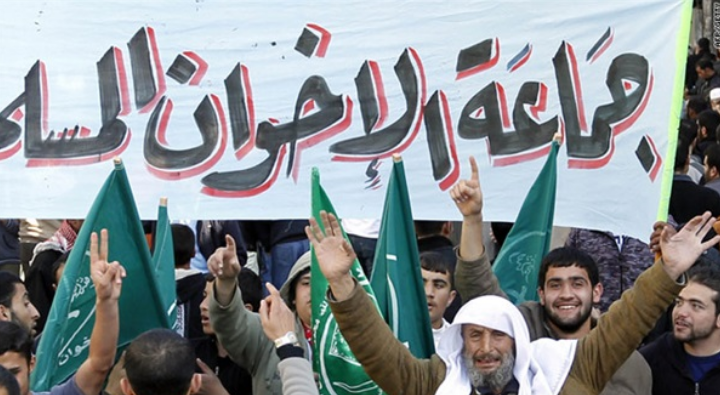Sarah Rashad
The Brotherhood in Tunisia has resorted to retribution following the July 25 decisions taken by President Kais Saied more than three months ago, and while opinion polls reveal the remarkable popularity that Saied has enjoyed over the past months, those who left the scene decided to provoke the people to make them angry at the new government and Saied’s administration, using the low level of services as the most vital matter for the citizenry and the fastest in impact.
Against this background, the city of Sfax in central Tunisia was subjected to delays in collecting garbage, as well as electricity and water cuts, during the past month, which caused citizens resentment against the defaulting entities.
A trick that will not fool the citizens
Saied commented on the situation in a meeting with Prime Minister Najla Bouden, describing the deterioration of the environmental situation in the Sfax governorate as a crime. He pointed out that the garbage was deliberately not collected for 25 days, and electricity and water cuts in some areas were “a despair for citizens.”
Saied said that those who claim to represent the people, or at least part of them, are trying by all means to turn the life of citizens into hell, as if they are saying this is what the revolution brought you.
The president added that those who resort to accumulating waste and not removing it and opening the paths for mice and rats are from the same clay, and they compromise the health of citizens and abuse the people. These methods are well-known and familiar, and they are not alien to some. The Tunisian people are not fools, so that the source of the crises they create is not known, because it is a method of maneuvering and inciting the government, he noted, indicating that they believe that politics can enable them by all means, but politics are values, principles, and constancy of values.
Saied added that history will reject those who pay money abroad to offend their homeland, indicating that those who resort to this despise them and do not pay attention to them until they have finished playing with their dogs.
Repeating the Egyptian scenario
This is almost the same way the Brotherhood dealt with the situation after its marginalization in Egypt, as the group resorted to inciting citizens against the state by causing disruption in vital sectors, including railways, education, electricity and water.
Through these practices, the group bet on embarrassing the Egyptian administration, but what happened was the opposite, which prompted it to abandon the vital facilities card.
In order to permanently limit these events, Egyptian President Abdel Fattah al-Sisi approved in August a law to dismiss the Brotherhood from their public jobs after it was proven that they were involved in events that hampered the functioning of their institutions.
In a previous comment in April, Egyptian Transportation Minister Kamel al-Wazir revealed during a plenary session of the House of Representatives that there are 162 Brotherhood members in the railway sector, indicating that they are behind the frequent train accidents.
“Whenever we ask to transfer them to another ministry, that ministry refuses, so we demanded legislation to exclude extremist elements, as the current law does not allow,” Wazir said.
“If they stayed at home and took their salaries, they would be better, because they are sabotage elements, and excluding them protects from sabotage operations. Unfortunately, these numbers increase and are present in the workshops, including drivers,” he added.








































admin in: How the Muslim Brotherhood betrayed Saudi Arabia?
Great article with insight ...
https://www.viagrapascherfr.com/achat-sildenafil-pfizer-tarif/ in: Cross-region cooperation between anti-terrorism agencies needed
Hello there, just became aware of your blog through Google, and found ...